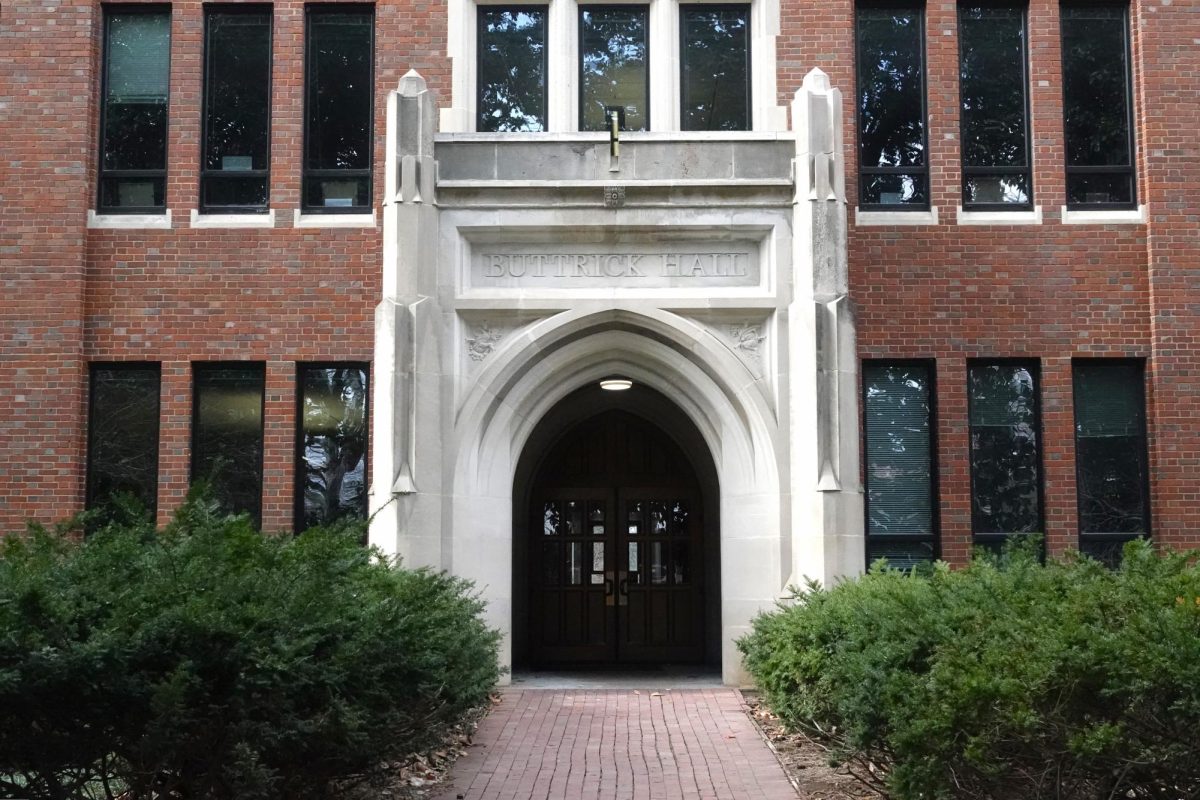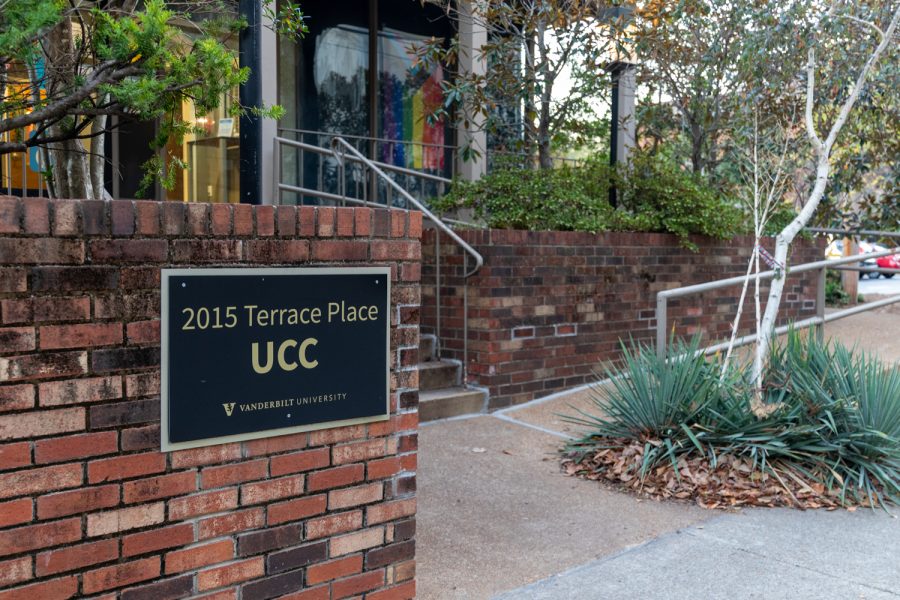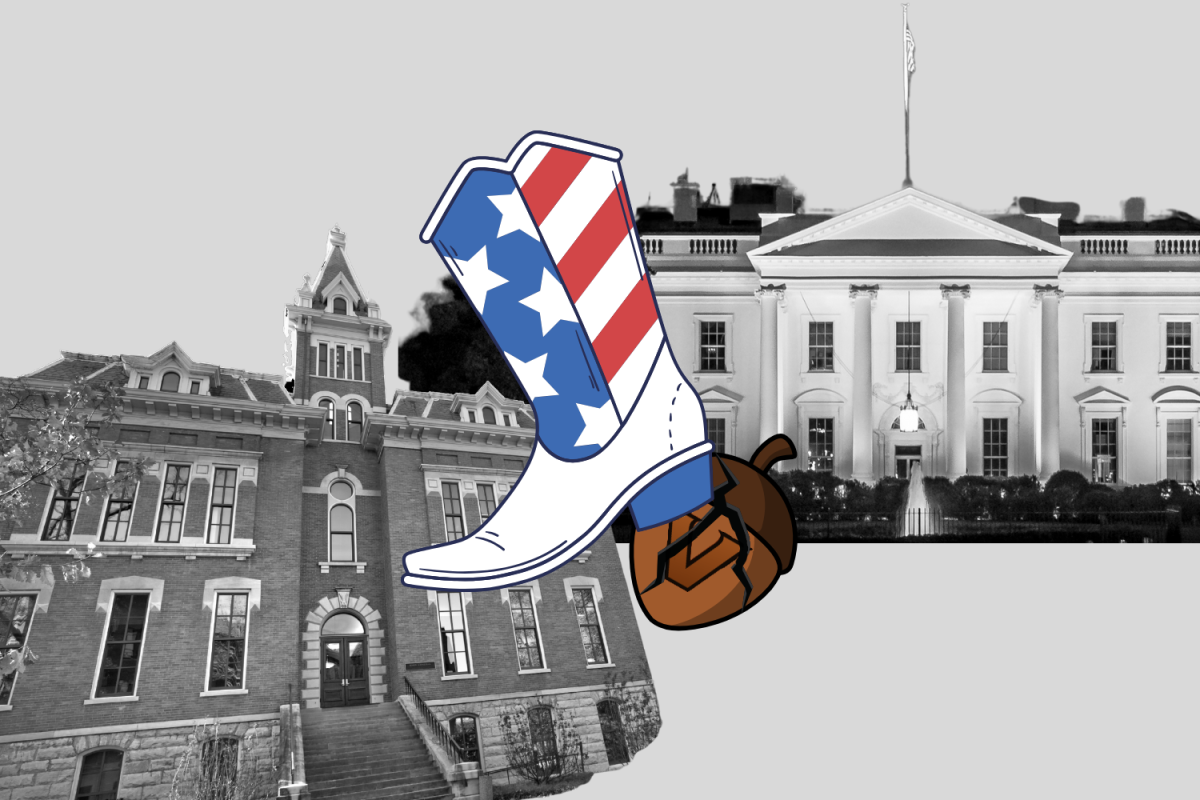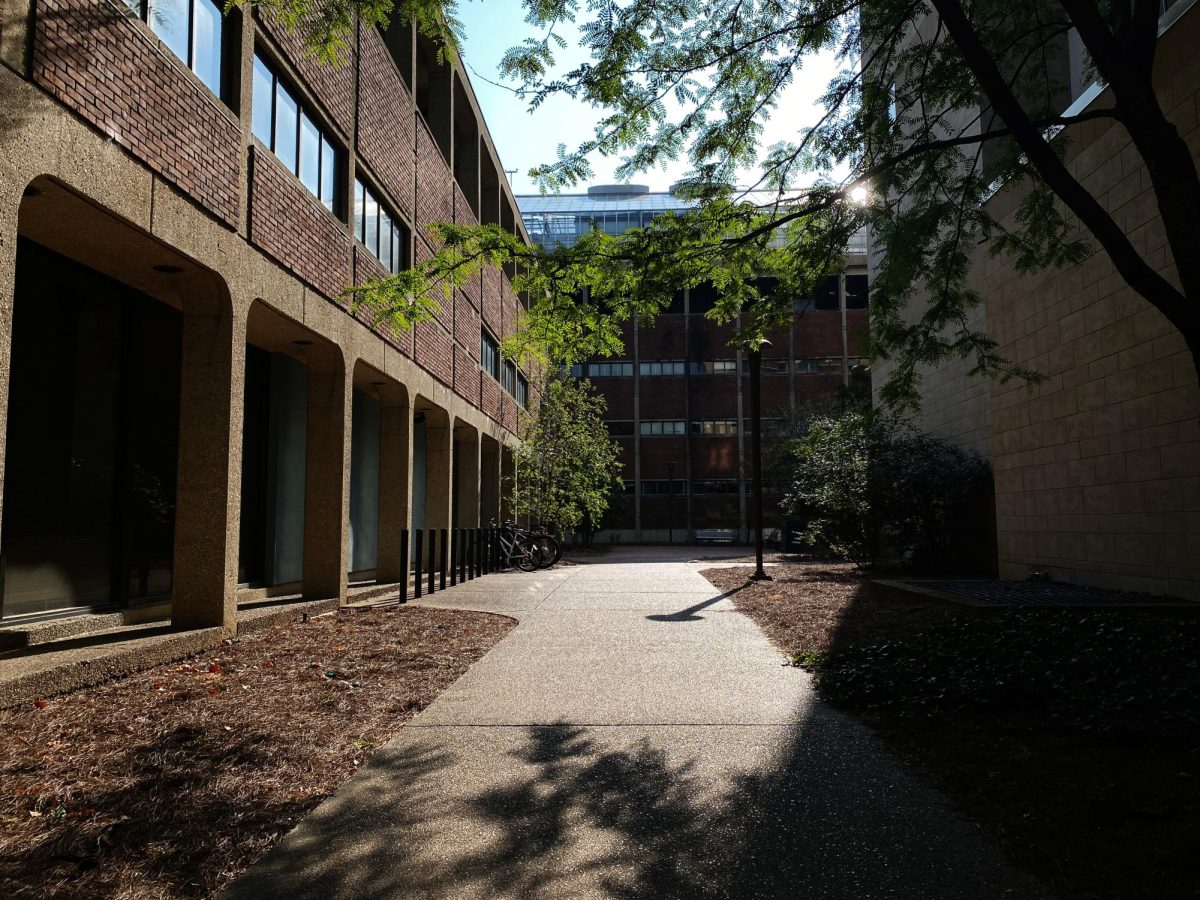The National Institutes of Health announced funding cuts for “indirect costs” on Feb. 7, which would cap reimbursements for costs related to facilities and administration at 15%. In response, the Association of American Universities, Association of Public and Land-grant Universities and the American Council on Education jointly filed a lawsuit in the U.S. District Court of Massachusetts — on which Provost C. Cybele Raver was a declarant.
On Feb. 10, federal judge Angel Kelley issued a temporary restraining order to block the NIH from taking any action to “implement, apply or enforce” the 15% cap in response to a separate lawsuit, jointly filed by 22 state attorneys general. Kelley handed down a similar order in a third, distinct lawsuit filed by the Association of American Medical Colleges. In a Feb. 21 hearing for the AAU, AAMC and attorneys general suits, Kelley extended the block until she can rule upon an injunction.
“Facilities and administration costs are the real and necessary costs of conducting the groundbreaking research that has led to so many medical breakthroughs over the past decades. A cut to F&A for NIH grants is a cut to the medical research that helps countless American families whose loved ones face incurable diseases or untreatable debilitating conditions,” AAU, APLU and ACE’s Feb. 10 statement reads.
Raver announced at a Feb. 17 graduate student town hall meeting that her serving as a declarant on the suit is part of the university’s behind-the-scenes advocacy.
“I was a declarant on the case that the AAU submitted to put a stop to the restrictions on NIH indirect reductions, but I didn’t announce that,” Raver said. “Advocacy is happening; it may just be less visible.”
Listed among the case’s plaintiffs are 13 universities, including Brown University, the University of Chicago and Cornell University. Neither Raver’s nor Vanderbilt’s name is mentioned in the complaint.
The university did not respond to The Hustler’s request for comment regarding whether only Raver is a declarant or if the “declarant” status extends to the university, nor did they elaborate on what being a declarant entails.
Carrie Russell, College of Arts and Science assistant dean of undergraduate education and director of pre-law advising, told The Hustler that she is familiar with the term declarant in the context of its association with the “rules of evidence.”
“There, it means ‘a party to the litigation who provides an unsworn statement or narration of facts who has an interest in the existence of the facts recounted,’” Russell said.
In a Feb. 12 update, AAU, APLU and ACE announced that their restraining order “need not be granted” because the one granted in response to the AAMC lawsuit “covers all institutions in all states nationwide.”












